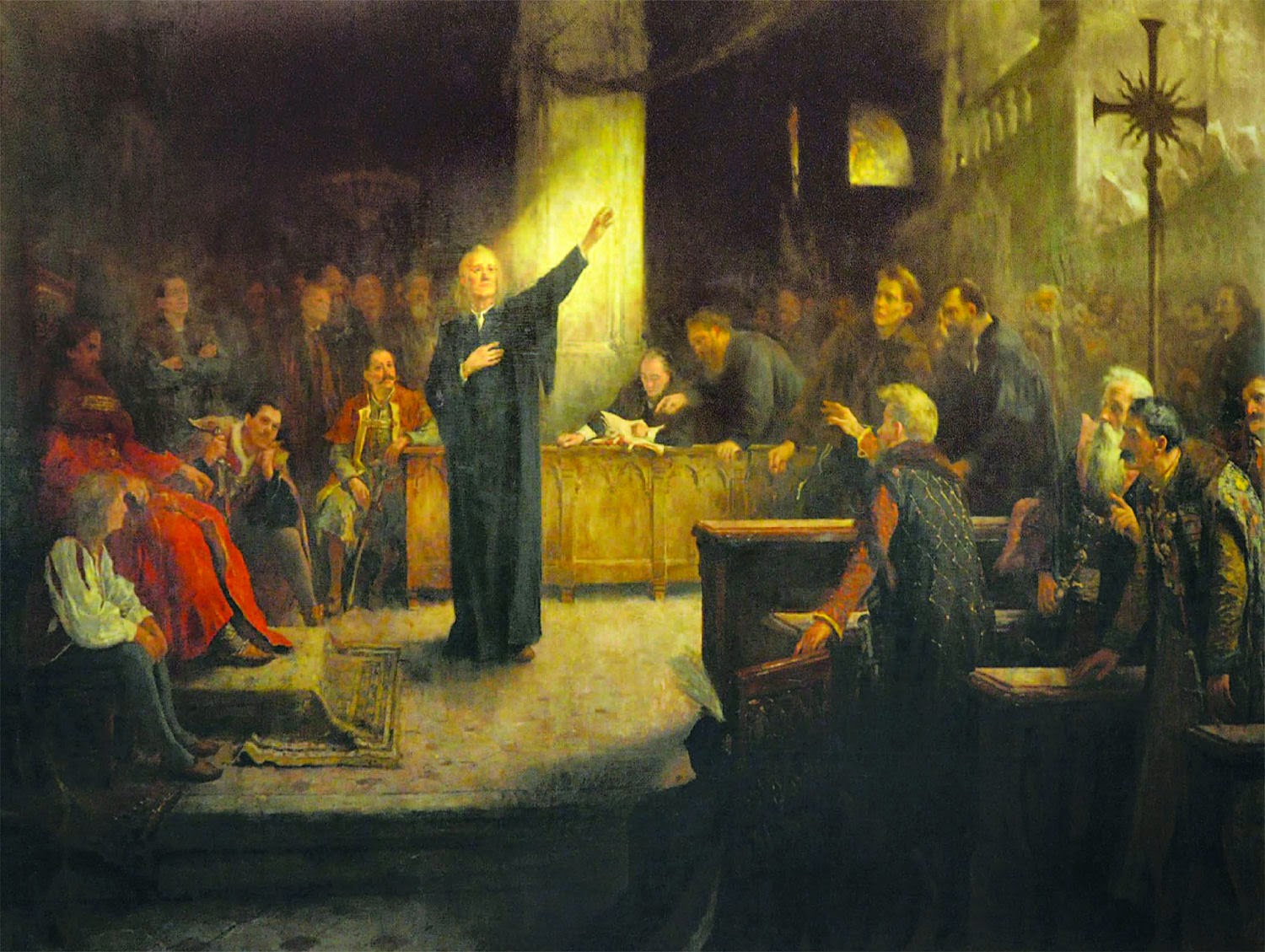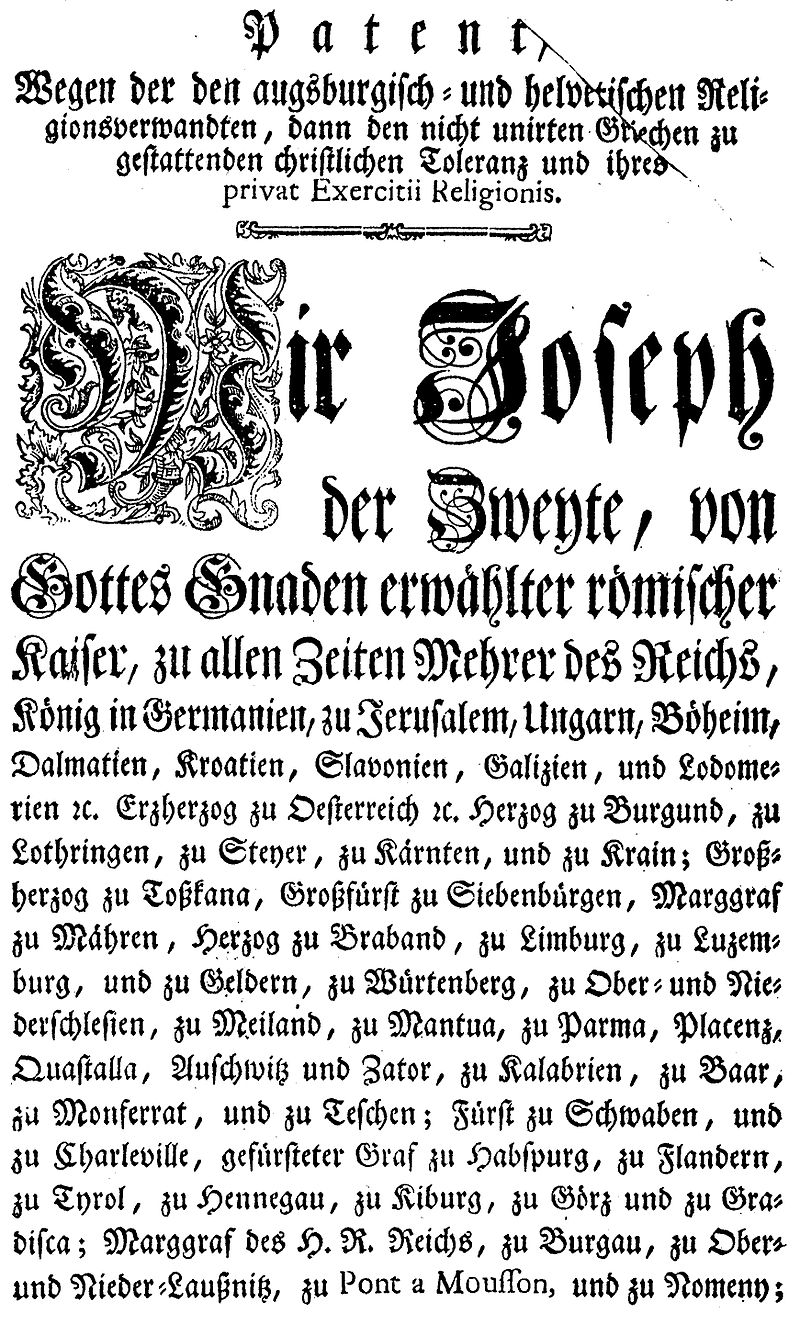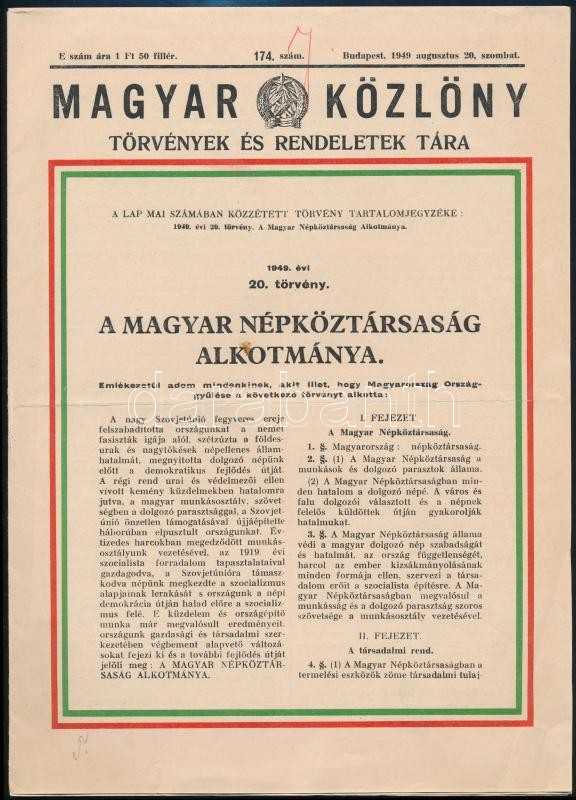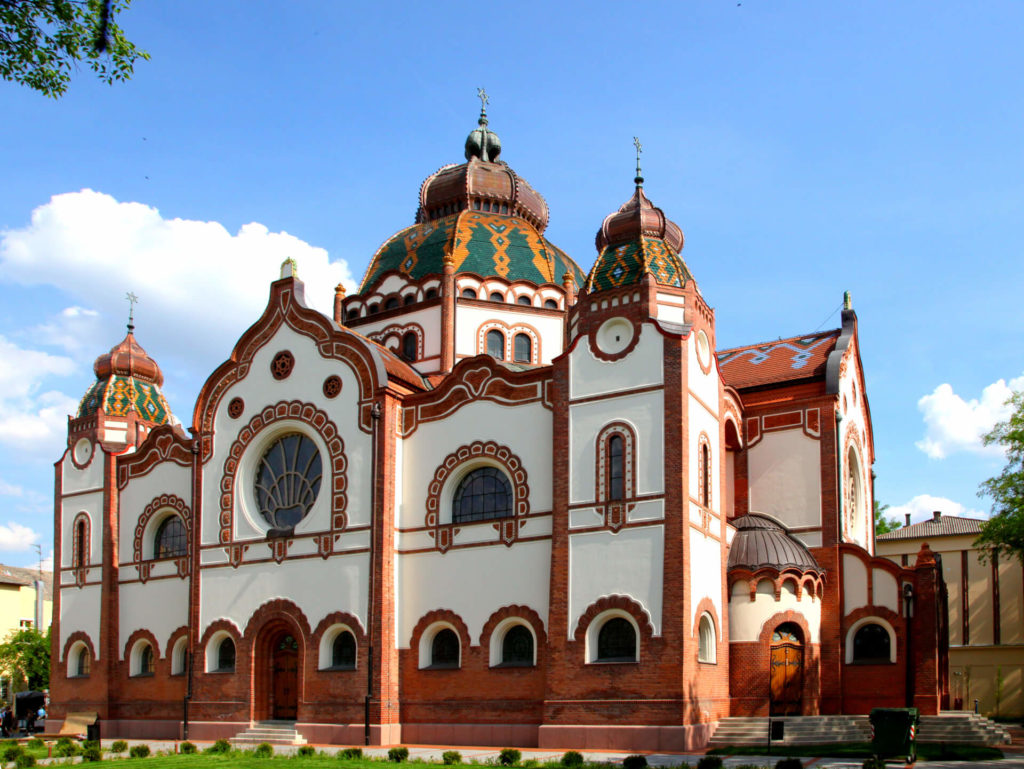
Edict of Torda – 1568 – Torda (Turda)
Hungarian figure of the „Religious tolerance and intolerance” topic
The Edict of Torda, issued in 1568, is a landmark in the history of religious tolerance in Europe. Proclaimed in the town of Torda (now Turda, Romania) during the reign of John II Sigismund Zápolya, the edict allowed local communities to freely elect their preachers and affirmed the coexistence of four major Christian denominations: Catholicism, Lutheranism, Calvinism, and Unitarianism. This remarkable decree, though it did not grant individual religious freedom, was an unprecedented step towards religious pluralism in a time when much of Europe was gripped by sectarian conflict. The Edict was a direct result of the theological debates and intellectual openness fostered by John Sigismund and his court preacher, Ferenc Dávid, a leading figure in the development of Unitarianism.
The significance of the Edict of Torda lies in its historical context. The Kingdom of Hungary had long been a frontier between Western Christianity (Catholicism) and Eastern Orthodoxy, and the Reformation introduced further divisions with the spread of Lutheran and Calvinist teachings. Transylvania, under the protection of the Ottoman Empire, found itself in a unique position. The region’s multicultural and multi-religious society necessitated tolerance to maintain peace, and John Sigismund took advantage of this political reality. By 1567, influenced by his physician Giorgio Biandrata and Dávid, John Sigismund embraced Antitrinitarian views, rejecting the traditional Christian doctrine of the Trinity.
While the Edict only sanctioned the existence of the four accepted Christian denominations and did not extend its protection to Eastern Orthodox Christians, Jews, or Muslims, it remains a groundbreaking document. At a time when much of Europe was embroiled in religious wars and persecution, Transylvania stood out as a bastion of relative religious freedom. The Edict prohibited any form of religious persecution and emphasized that faith was a gift from God, a radical idea that resonated across Central Europe.
This progressive legislation in Transylvania influenced other parts of Central Europe, including the Polish–Lithuanian Commonwealth, where the Warsaw Confederation of 1573 codified a similar form of religious tolerance. The tradition of tolerance in Transylvania continued throughout the 16th and 17th centuries, even as political and religious pressures mounted in neighboring regions. The coexistence of multiple Christian denominations within the principality allowed Transylvania to become a model of peaceful pluralism in Early Modern Europe.
The Edict of Torda can be seen as a precursor to later European developments in religious freedom, such as Emperor Joseph II’s Patent of Toleration in 1781. While the Edict was limited to specific Christian groups and fell short of universal religious freedom, it established an important precedent. Religious tolerance in Transylvania persisted as a defining feature, distinguishing the region from the more rigid religious practices of other European states.
Facts




